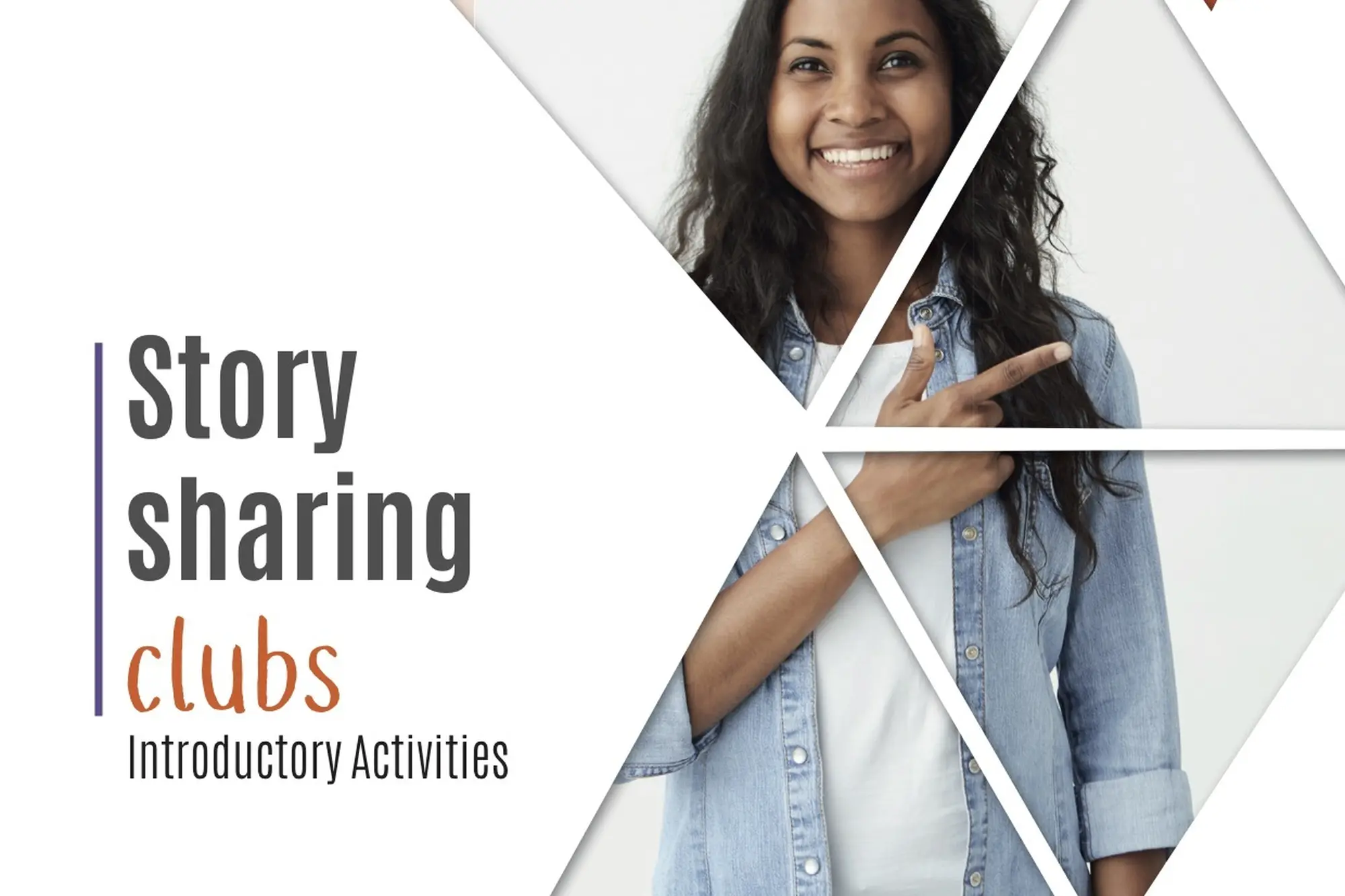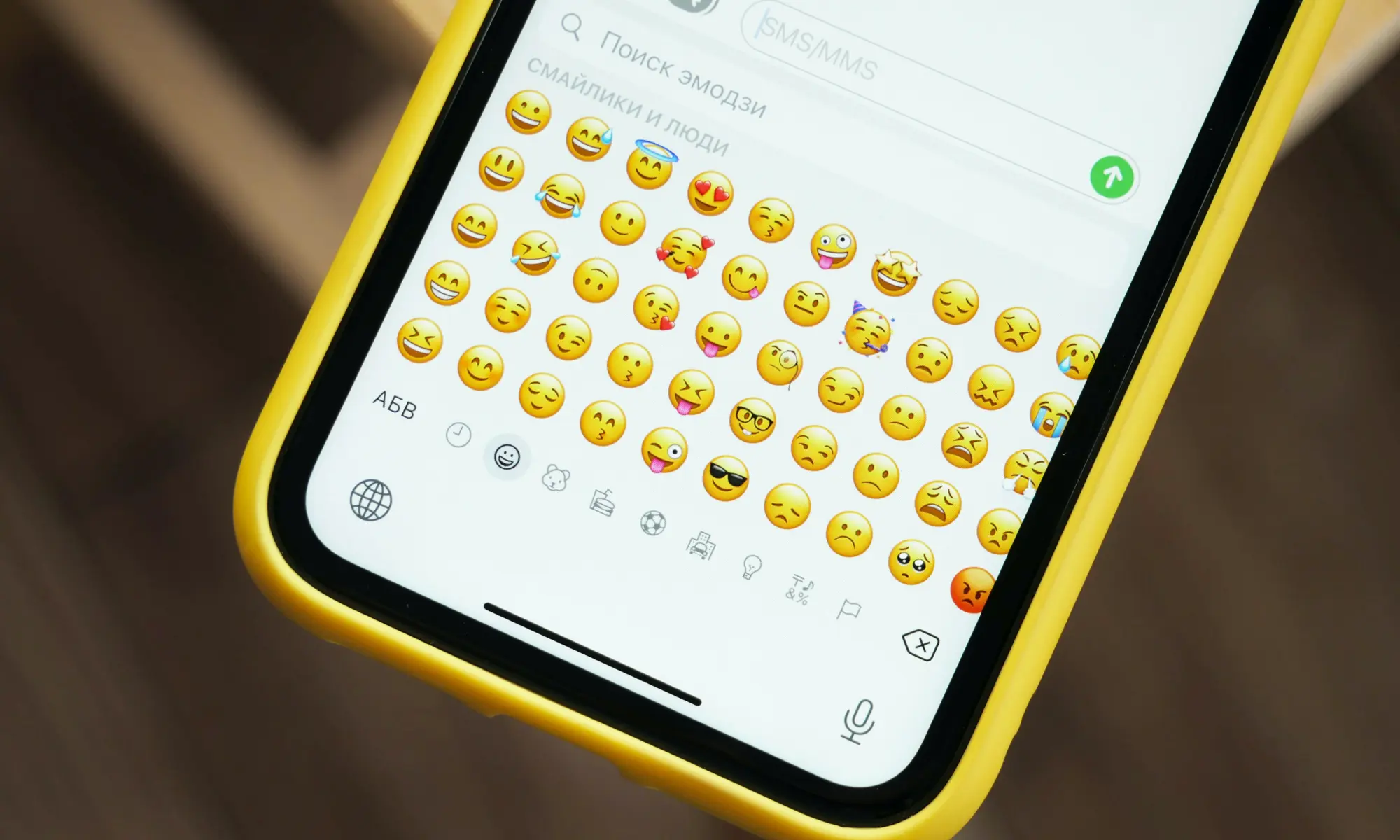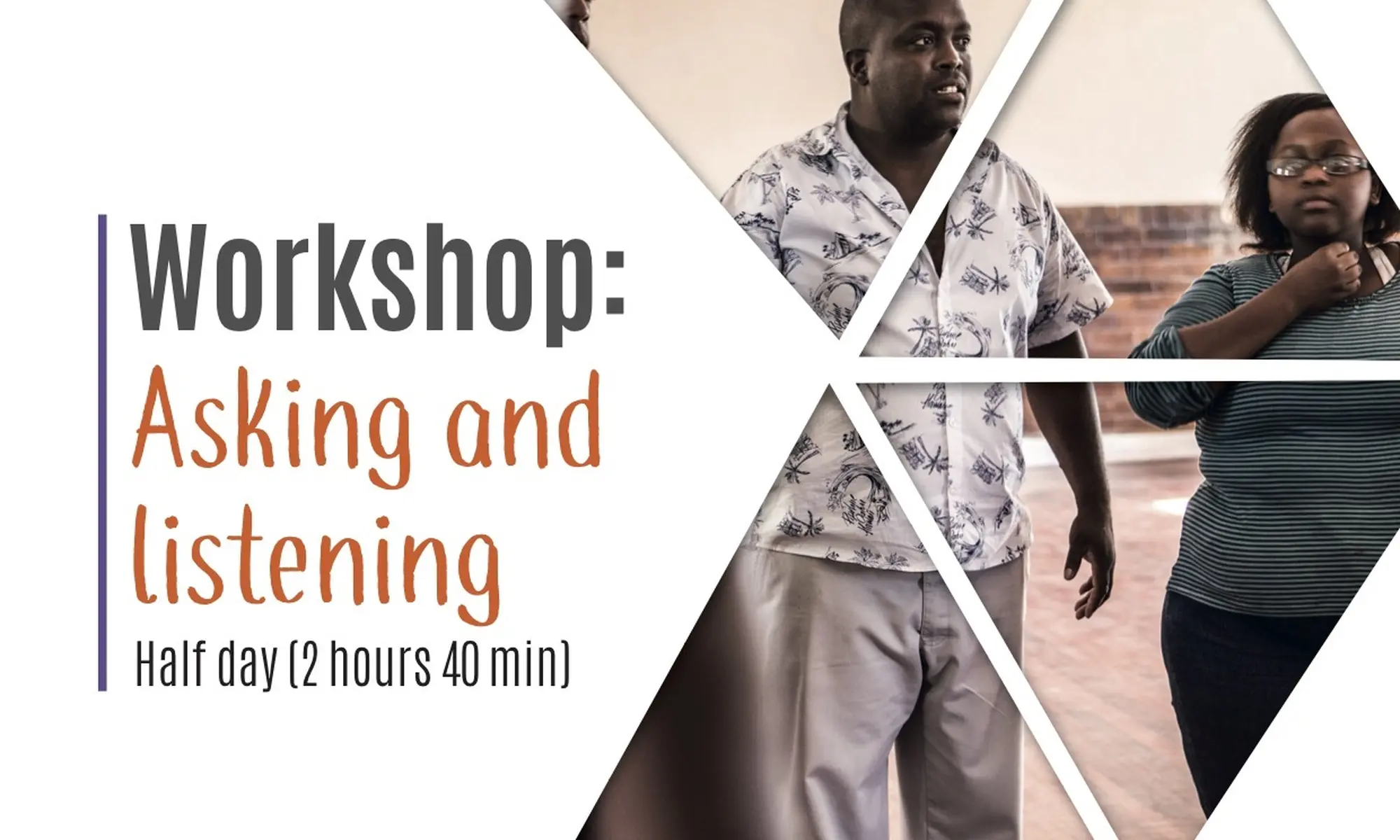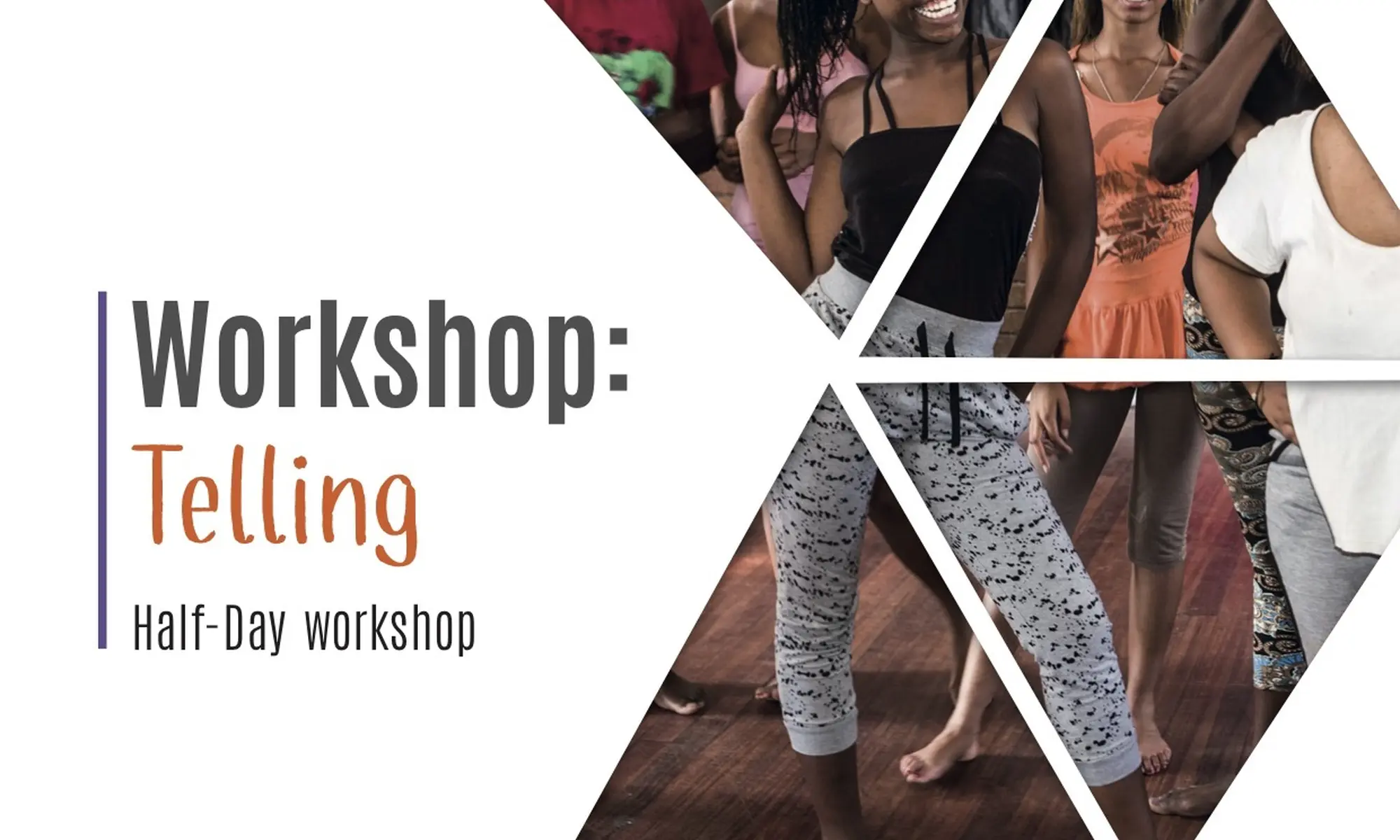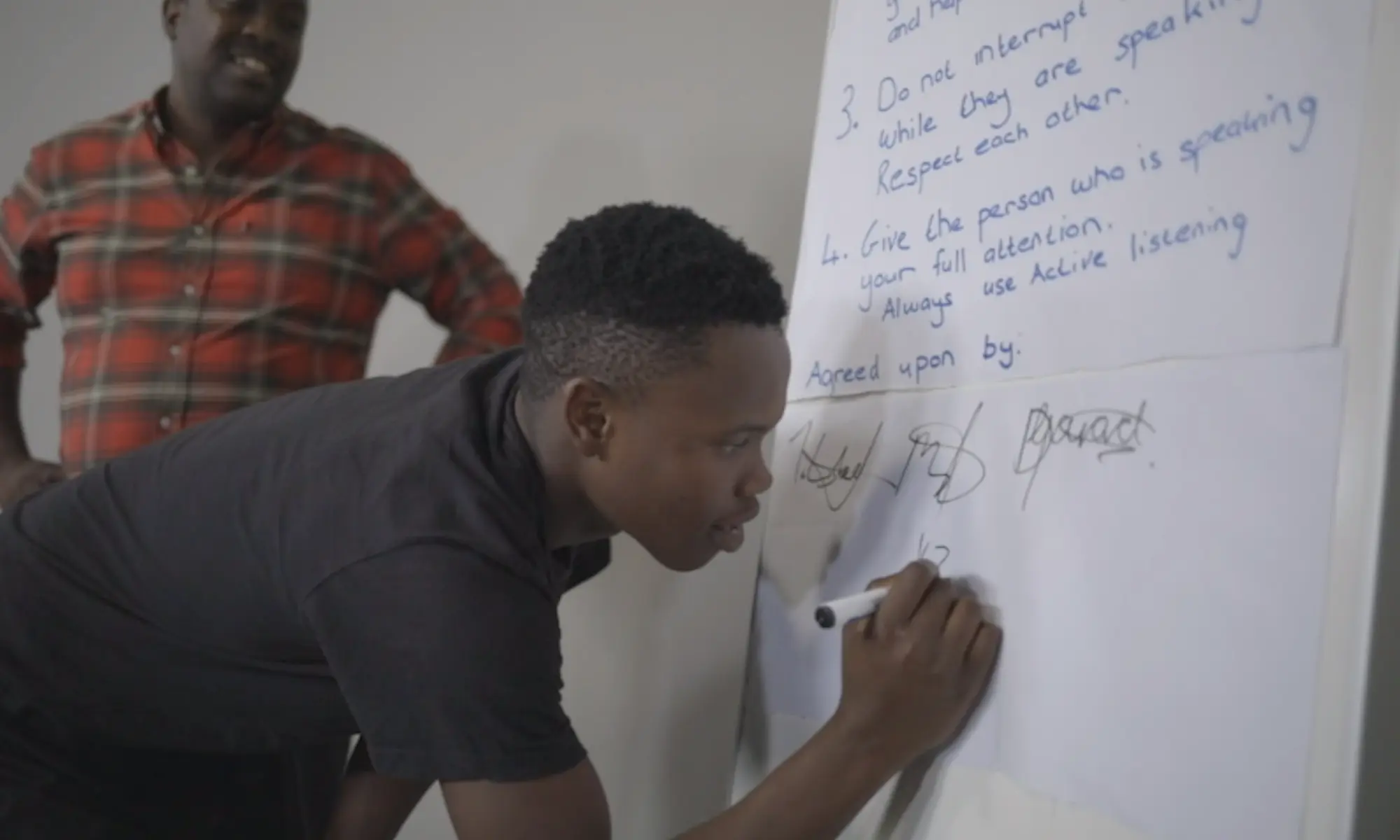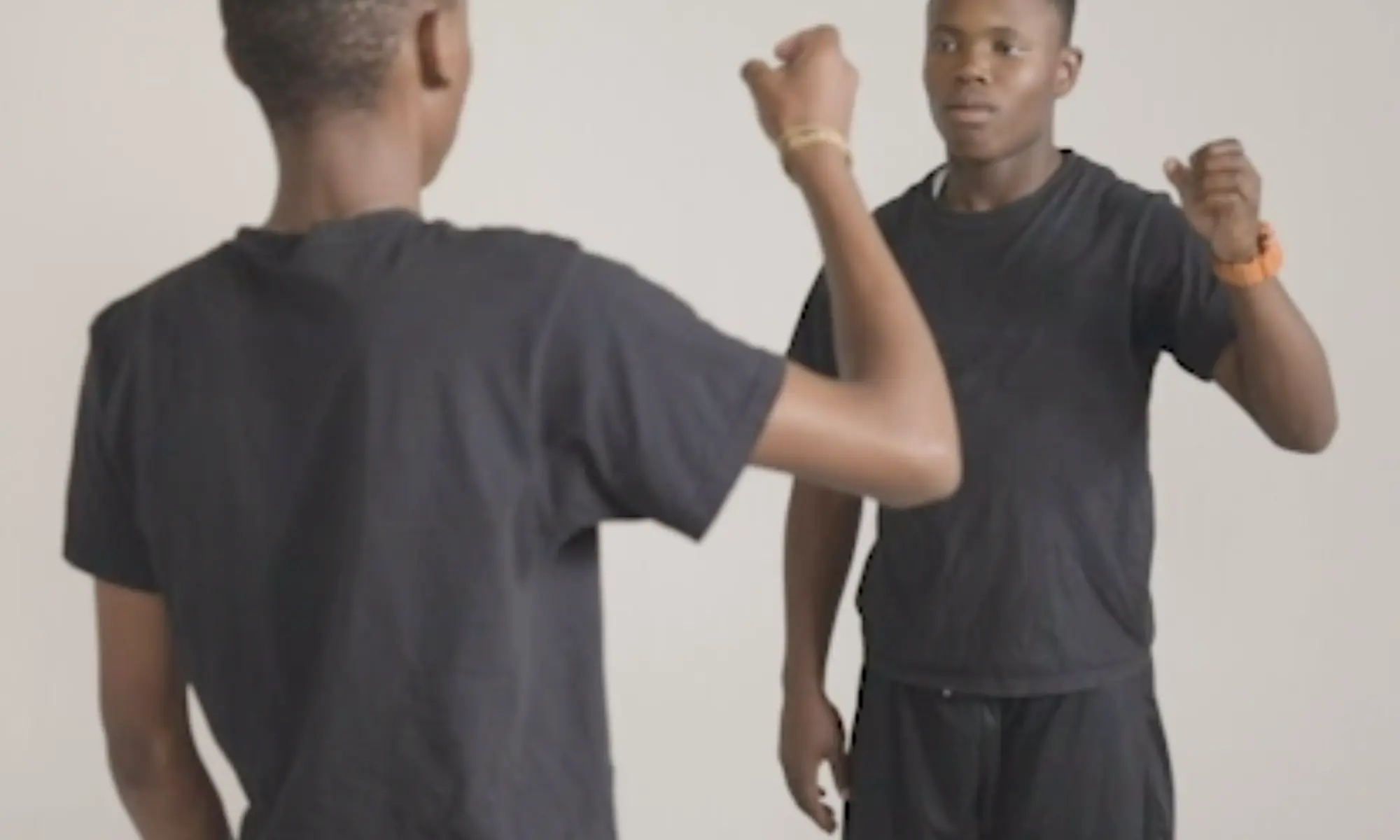
After school
Story Clubs are a great way for learners to take ownership of What’s Your Story? The clubs take place after school, as an extramural activity. The activities learners do are not for marking or assessment. They are a way for learners to take the WYS methodology out of the classroom and make it a habit in their lives. It is also a powerful way to make storytelling part of the culture of your school, to build respect and greater understanding among learners.
Story Clubs are modelled on the successful Soul Buddyz school clubs. While teachers have a role to play, the clubs are led by learners.
Why Story Clubs?

Clubs have many benefits. These include:
- Increasing the students' sense of community and belonging.
- Improving the learners' confidence and self-belief.
- Developing learners' ability to work in groups.
- Helping learners develop practical organisational skills, like time management.
- Creating opportunities for learners to meet other learners.
- Creating an opportunity for learners to show greater responsibility.
Getting started
- Suggest the idea to learners and encourage them to promote and advertise the clubs to other learners in the school. Help them to organise the logistics, including a regular time and place to meet.
- At the first meeting, encourage learners to create a contract. This is a set of rules of behaviour for all club members.
- Let learners decide on different roles in the club. They can either nominate themselves, or they can vote. Roles can include: secretary, outreach officer, editor, chairperson, etc. Adapt these roles to fit the activities and tasks that they do.
- Always start the meeting with a fun icebreaker. This sets the tone for the clubs. It’s a fun space outside of class to learn and share. After a while learners can select and even make up their own icebreakers.
- Active listening and emotional accuracy are important habits for Story Club members to develop:
- Encourage learners to do the Active Listening and the What Am I Feeling? activities at the start of each club session.
- Encourage learners to keep journals and fill in the Emotion RULER each week.
- Watch the Empathy and Active Listening animations.
- Begin the club by doing the Asking and Listening Half-Day Workshop and the Telling Half-Day Workshop (if they haven’t done them already!). You can also draw on the exercises from the lesson plans for ideas.
- The Introductory Activities from the club guide will give you lots of great ideas for introductory activities and ice-breakers.
The teacher's role in Story Clubs
Your role in the Story Club is a little different to your role as teacher in the classroom. In the club, you become a facilitator rather than a teacher.
Facilitating and encouraging children’s participation does not mean allowing them to do as they please. But it also does not mean setting them up for failure through a lack of guidance, or not setting boundaries. Club members do still need help and support until they feel secure enough to manage by themselves. But with you in the background.
Your role is to:
- Help organize. Initially help learners to set up the club. Once the club is going, help them organize things that may be difficult for them to organize on their own without an adult’s supervision or guidance. For example, an outing or printing a story newsletter for the school.
- Participate. Participate in the group. It is difficult for a teacher to be a real equal. But be aware not to dominate or control the group.
- Be a resource. When the club members are interacting on their own and managing without you, leave them to get on with it. Be ready to give help if it is needed. But give the group the chance to decide when they need your help. Encourage the group to solve problems for themselves.
You are not a controller in the club. Try not to stand in front of the learners and tell them exactly what to do.
Characteristics of a good facilitator
A good facilitator is a good listener.
Be a good listener
Try to be a good listener. Listen with all your attention so that learners feel heard and respected. Remember to always STOP, BREATHE, LISTEN and then RESPOND. Try to listen for issues learners have strong feelings about. What makes them worried, happy, sad, angry, afraid or hopeful?
Listening do's and don'ts
DO
- Show interest
- Ask questions
- Be understanding
- Look at the person
- Ask questions to understand better
- Ask the person how they feel
- Ask them how they could solve their problem
DON'T
- Argue
- Interrupt
- Judge too quickly
- Look around the room
- Pretend you understand
- Ignore their feelings
- Tell them what to do
Club activities
Here are some ideas for activities that the Story Clubs can do. But encourage learners to find their own ideas too. We'd love to hear your ideas too, you can send them to us at wys@heartlines.org.za.
- Create a weekly story-sharing podcast.
- Organise storytelling events at school.
- Go on an outing together as a group. A theatre production or film outing as a special end of term event is fun and inspiring for learners.
- Create a weekly story-sharing newsletter. Learners write a story each week and distribute it to the rest of the school. Assist with editing the stories.
- Find out if other schools nearby have Story Clubs, and collaborate with them. An Interschool Story Club Event is a fun way for learners from different schools to learn more about each other.
Social media and your club
When using social media for WYS, discuss the guidelines provided around social media with learners. You and the learners must always get consent for whoever’s story you are using. Make sure the story does not contain any private information about the person.
It is advisable for the facilitator or teacher to be the administrator of the online account (Facebook, Instagram, Snapchat), and to be the only person who has the password and login details. This means that any use of social media in the club will be monitored and limited to school hours. This is a good way to guide your learners and help them understand how to use social media in a safe and constructive way.
Turn off the comments function on any social media platforms being used for WYS to prevent offensive, unhelpful or hurtful comments.
Social media applications:
- Start a WYS social media page (Instagram, Facebook, Snapchat) and share images, short videos and stories about people that your learners interview.
- Create your own story sharing podcast on SoundCloud.
- Create a YouTube story sharing channel.
